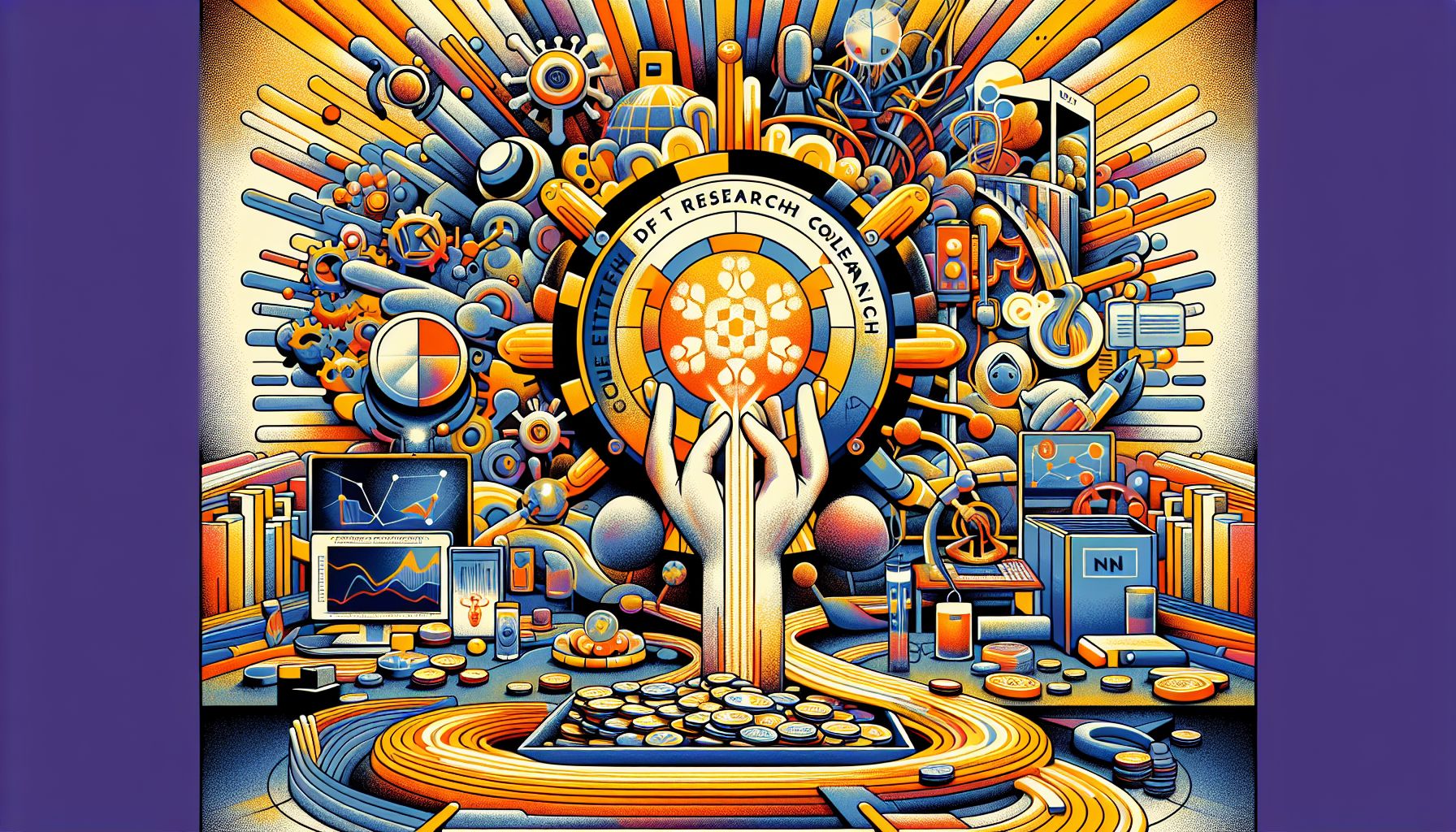NWO Invests €5 Million in Cutting-Edge Technology Research

The Hague, Wednesday, 10 July 2024.
The Dutch Research Council (NWO) has allocated over €5 million to seven applied research projects through its Open Technology Program. With an additional €700,000 from industry partners, the funding aims to drive innovation in areas such as computer hardware, sensor technology, and medical imaging.
Diverse Research Projects
The funding from NWO supports a variety of ambitious projects, each with its unique focus and potential impact. One of the funded initiatives aims to develop a cone-beam CT scanner for the eyes, enhancing precision in proton therapy for ocular cancer treatment. This project seeks to revolutionize eye cancer treatment by providing more accurate imaging, which could lead to better patient outcomes.
Innovative Sensor Technology
Another notable project focuses on creating a fully integrated ammonia-humidity-temperature sensor using silicon carbide structures. This sensor, designed for application in various industries including environmental and agricultural sectors, promises to be both reliable and versatile. The innovation lies in its ability to be manufactured in a single etching step, potentially reducing production costs and increasing efficiency.
Sustainable Computing Solutions
In response to the increasing demand for sustainable technology, one project aims to develop an AI-driven co-design methodology to generate efficient code for energy-efficient computer hardware. This initiative addresses the critical need for computational power while minimizing environmental impact, aligning with global sustainability goals. By leveraging specialized language models, the project could significantly reduce the energy consumption of data-intensive applications.
Advancements in Biotherapeutics
The biotherapeutics sector also benefits from this funding, with a project dedicated to improving the production process of biotherapeutic proteins like monoclonal antibodies. By integrating upstream and downstream processing steps using cell-tolerant radial affinity chromatography (cTRAC), the project aims to streamline production, cut costs, and enhance product quality. This could lead to more affordable and accessible biotherapeutics.
Collaborative Efforts
The success of these projects hinges on the collaboration between researchers and industry partners. The additional €700,000 contribution from businesses and other organizations underscores the importance of industry-academic partnerships in driving technological advancements. These collaborations are expected to foster innovation and accelerate the development of practical solutions to real-world problems.
Future Prospects
As these projects progress, they hold the potential to make significant contributions to their respective fields. The advancements in medical imaging, sensor technology, sustainable computing, and biotherapeutics exemplify the diverse range of applications supported by NWO’s Open Technology Program. By investing in these cutting-edge research projects, NWO is not only fostering innovation but also paving the way for future technological breakthroughs.

